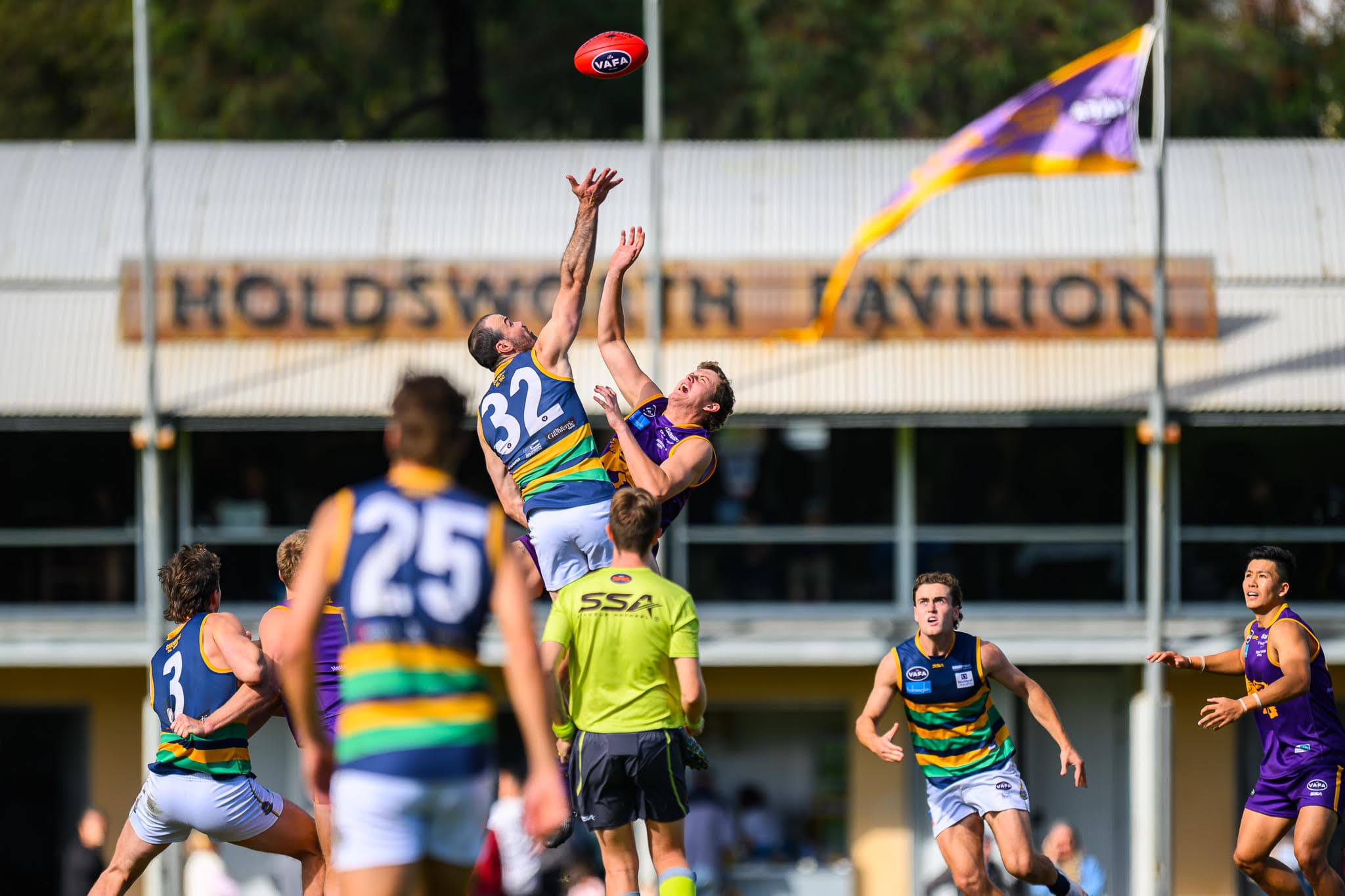How Grassroots Sports Clubs Can Increase Their Chances of Winning Grants
SEN • August 13th, 2025 12:46 pm

Grassroots sports clubs play a crucial role in building strong, healthy, and connected communities. They provide opportunities for physical activity, social engagement, and personal development across all age groups. Yet despite their value, many local clubs face chronic funding shortages, making external grants a lifeline for survival and growth. As competition for these grants intensifies, clubs need to become more strategic in how they approach funding opportunities.
Articulating Community Value Beyond the Game
To stand out in the eyes of grant assessors, clubs must go beyond simply describing what they do—they need to clearly demonstrate why their existence matters to the community. Funders are not just interested in sport for sport’s sake. They are often more motivated by outcomes that relate to public health, social inclusion, youth engagement, and community cohesion.
This means the strongest applications will frame their projects around these broader impacts. For example, a club running after-school programs for at-risk youth or offering walking football sessions for older adults is more likely to align with funding bodies focused on social wellbeing. Clubs should describe how their programs create a sense of belonging, address barriers to participation, and support diverse community groups. Real-world examples, such as increased participation among women, Indigenous players, or culturally diverse communities, can help reinforce these points and make the club’s impact more tangible.
Equally important is the ability to back up claims with evidence. Clubs should keep basic but reliable data on participation rates, volunteer contributions, community engagement, and past achievements. Testimonials from members or community leaders can humanise the application and provide powerful endorsements that statistics alone cannot convey.
Aligning with Funders’ Priorities and Language
A common mistake many grassroots clubs make is treating grant applications as generic exercises. In reality, every funding program has its own strategic objectives, and tailoring each application to match those objectives is essential. A grant designed to improve gender equity in sport will look for very different indicators than one focused on infrastructure or regional development. Reusing the same language or project description across multiple applications may save time, but it dramatically lowers the chance of success.
To increase competitiveness, clubs should study each grant’s guidelines in detail, taking note of keywords, priority areas, and eligibility criteria. The language used by the funder should be echoed in the application—without resorting to jargon or inauthentic phrasing. For example, if the grant prioritises “health recovery” outcomes, then describing how your club contributes to physical rehabilitation or mental wellbeing could be highly relevant. This is particularly applicable to partnerships with allied health or wellness programs. A growing number of community clubs are now working in collaboration with organisations such as Integrated Recovery Services to extend their impact beyond sport and into areas like injury rehabilitation, mental health support, and reintegration programs. These partnerships show a willingness to innovate and expand community reach, which appeals to many funders.
Timing also matters. Being “grant-ready” means having a pipeline of projects in development, so that when the right opportunity arises, the club can respond quickly and with confidence. Strong applications often emerge from clubs that have done the planning work in advance: securing quotes, drafting timelines, and gaining stakeholder support. Waiting until a grant opens to begin thinking about the project puts most clubs at a disadvantage.
Governance and Reputation Are Non-Negotiable
No matter how worthy the project, grant assessors need to be confident that the club can manage funds responsibly and deliver on its promises. This is where governance plays a critical role. A club that maintains accurate financial records, regularly updates its policies, and has a functioning committee structure will always be more attractive to funders than one that operates informally or struggles to provide documentation.
Transparency and accountability are particularly important when dealing with public or philanthropic money. Clubs should ensure their financial statements are up to date and that key documents—such as constitutions, strategic plans, or risk management policies—are readily accessible. Many grant programs require these as part of the application process. Clubs with a reputation for meeting deadlines, reporting outcomes, and communicating effectively with stakeholders are more likely to be funded again in future rounds.
Clubs should also consider reputation in the broader sense. How the club is perceived in the community, and whether it is seen as inclusive, welcoming, and proactive, can influence both funding decisions and the willingness of local partners to collaborate. For this reason, it’s worth investing time in community outreach, media engagement, and building relationships with local councils, schools, and service providers.
Looking Ahead: Making Grants Part of Long-Term Strategy
Winning a grant should not be seen as a one-off windfall, but as part of a broader strategy for sustainability and growth. Forward-thinking clubs integrate grant-seeking into their annual planning cycle, ensuring that they are always scanning for opportunities, preparing proposals, and building relationships with funders. The most successful clubs often appoint a volunteer or committee member specifically responsible for grants, treating it as a core role rather than an ad hoc task.
Moreover, clubs should treat every application—successful or not—as a learning opportunity. Seeking feedback from unsuccessful attempts, tracking what types of language or projects tend to get funded, and refining future proposals based on that insight will steadily improve outcomes over time. In some cases, even a partial grant or a letter of support can open doors to future opportunities.
Ultimately, securing funding in today’s environment requires more than just passion and community spirit. It demands planning, professionalism, and a commitment to telling a compelling story about the club’s value. For those willing to put in the work, grants can become a powerful tool to strengthen grassroots sport and the communities they serve.

